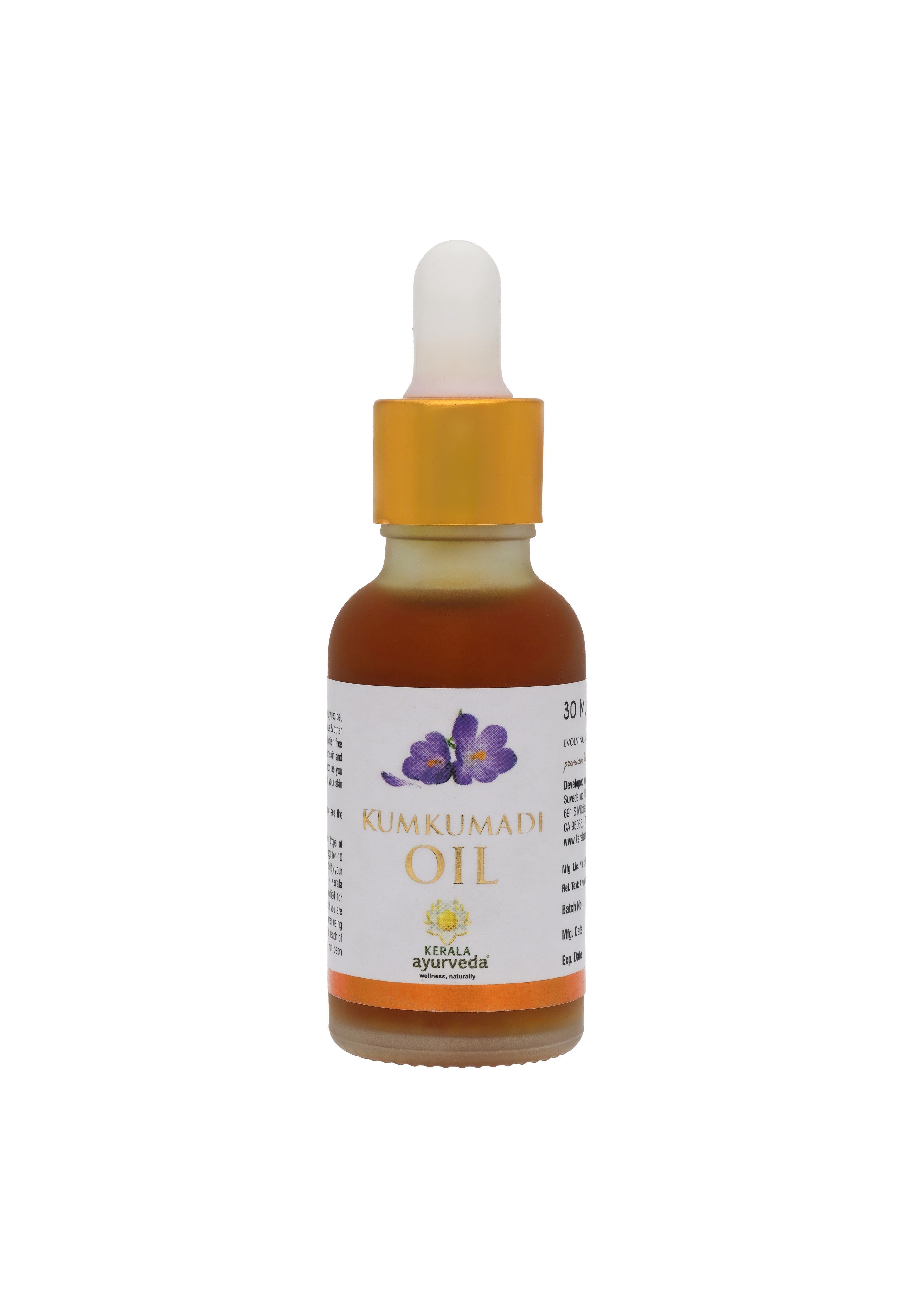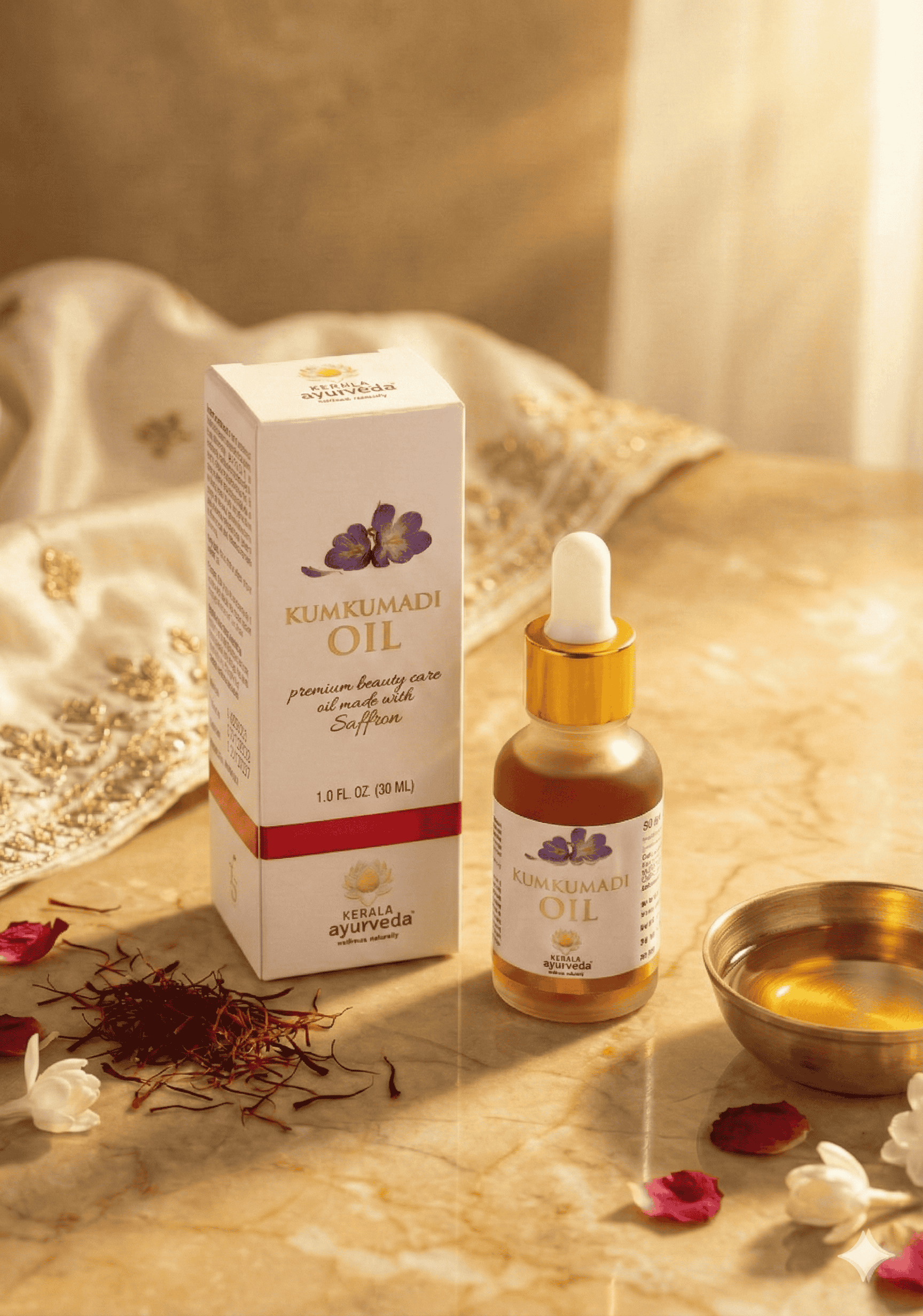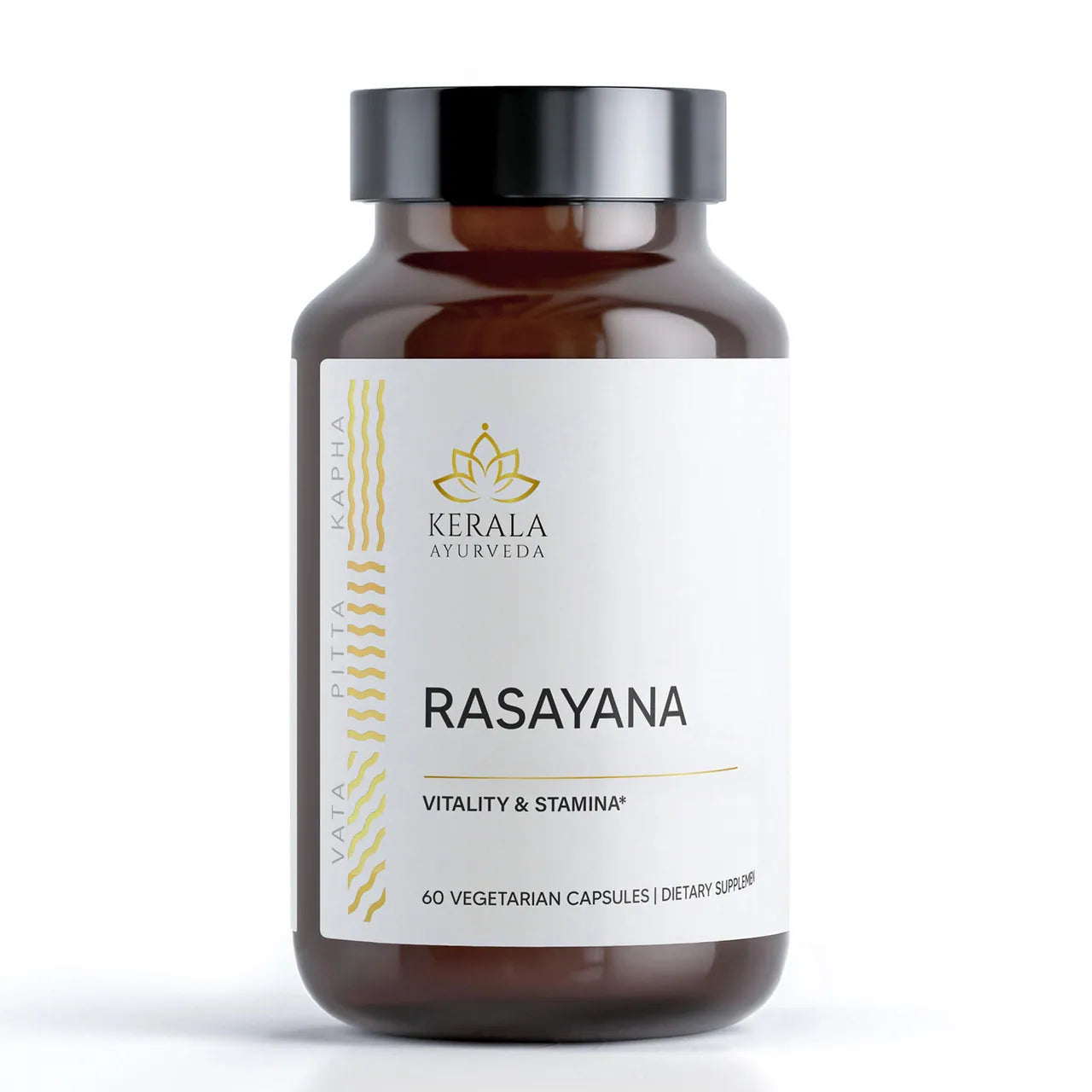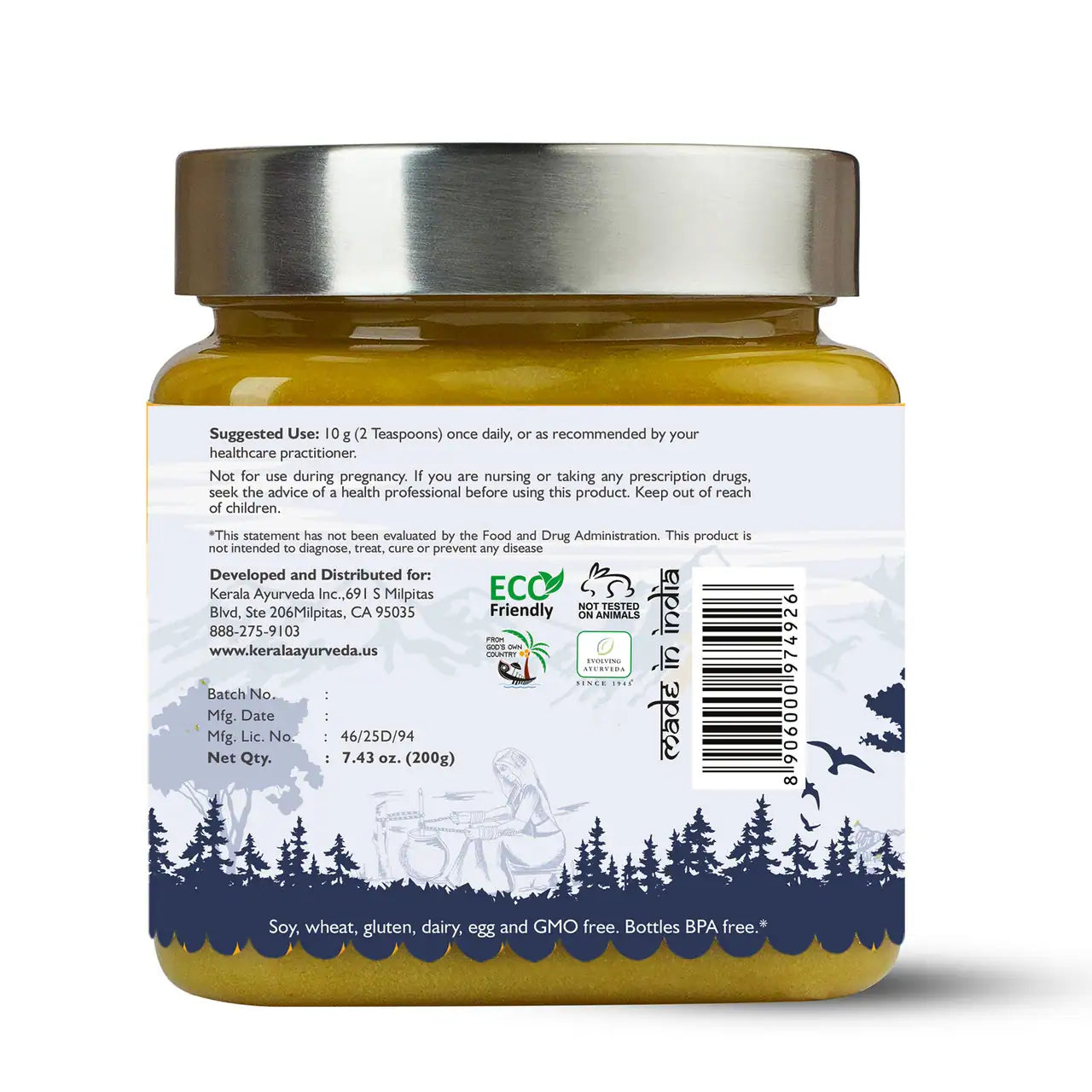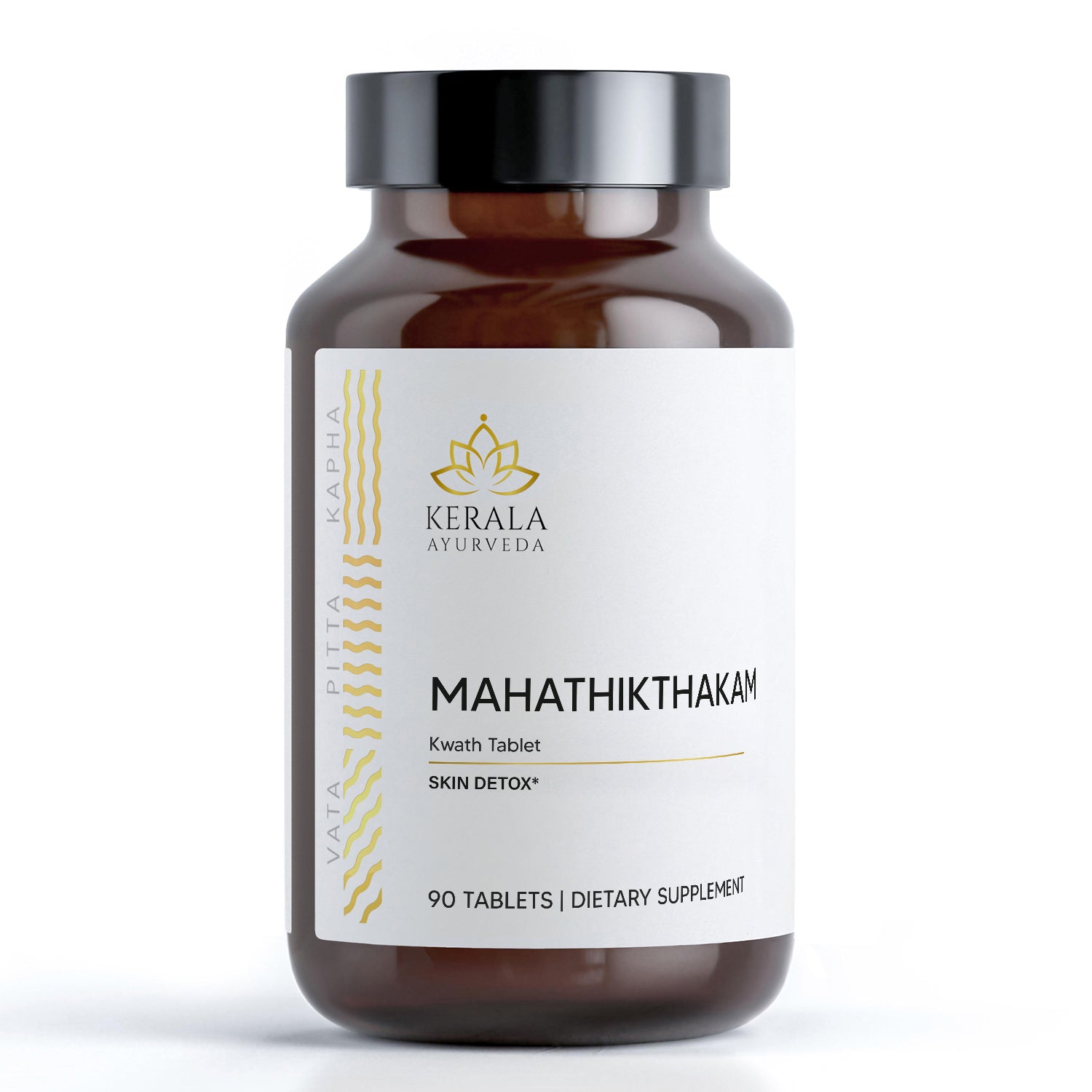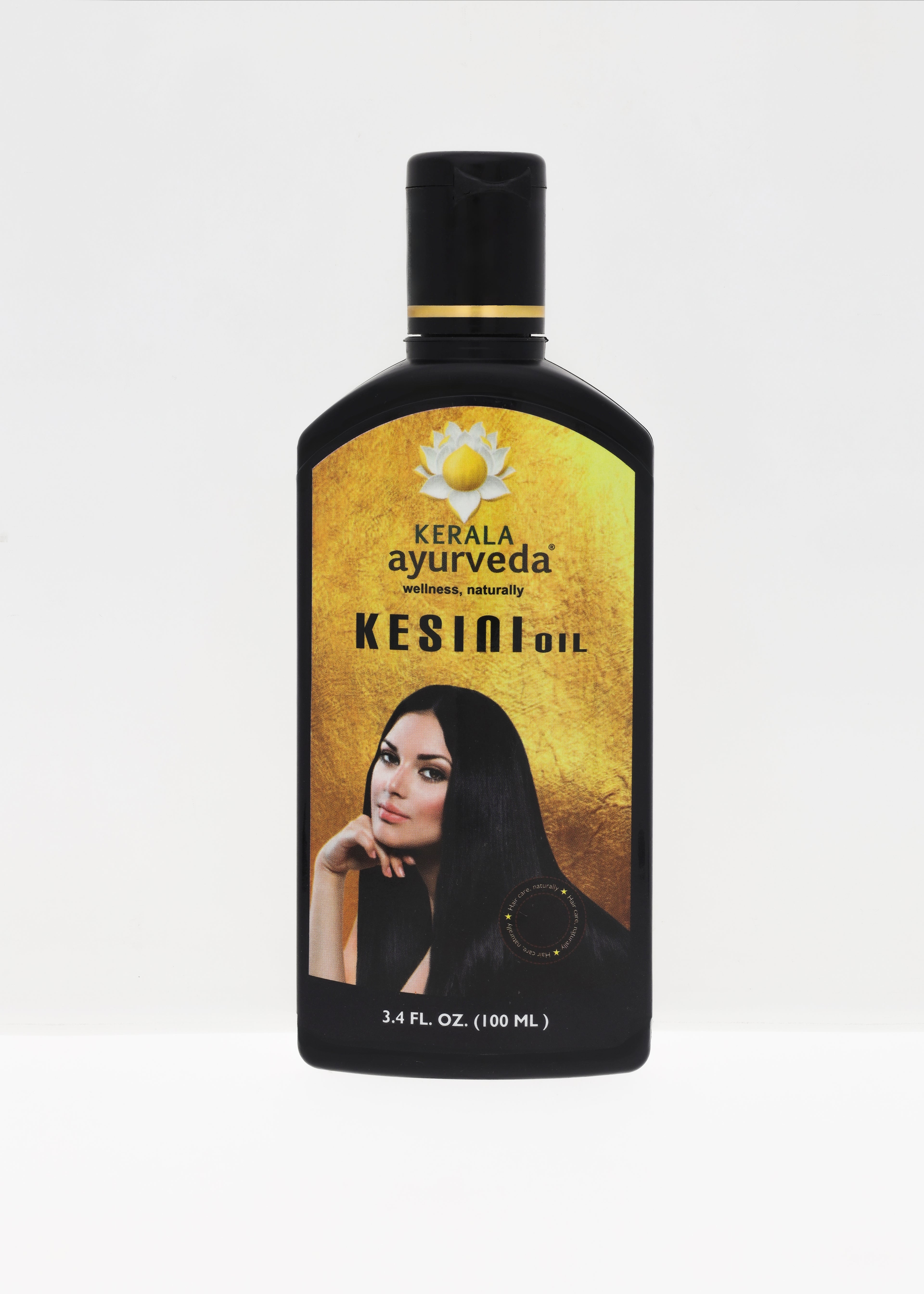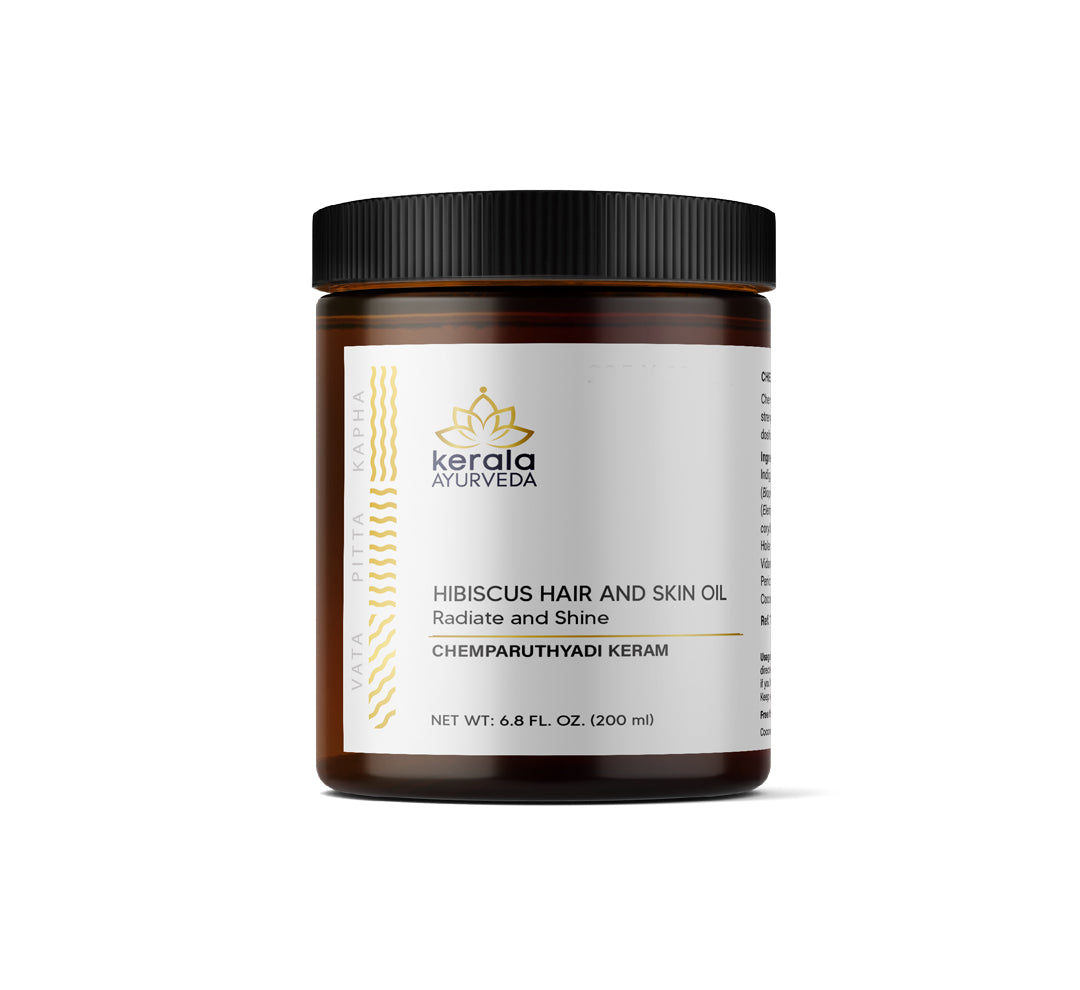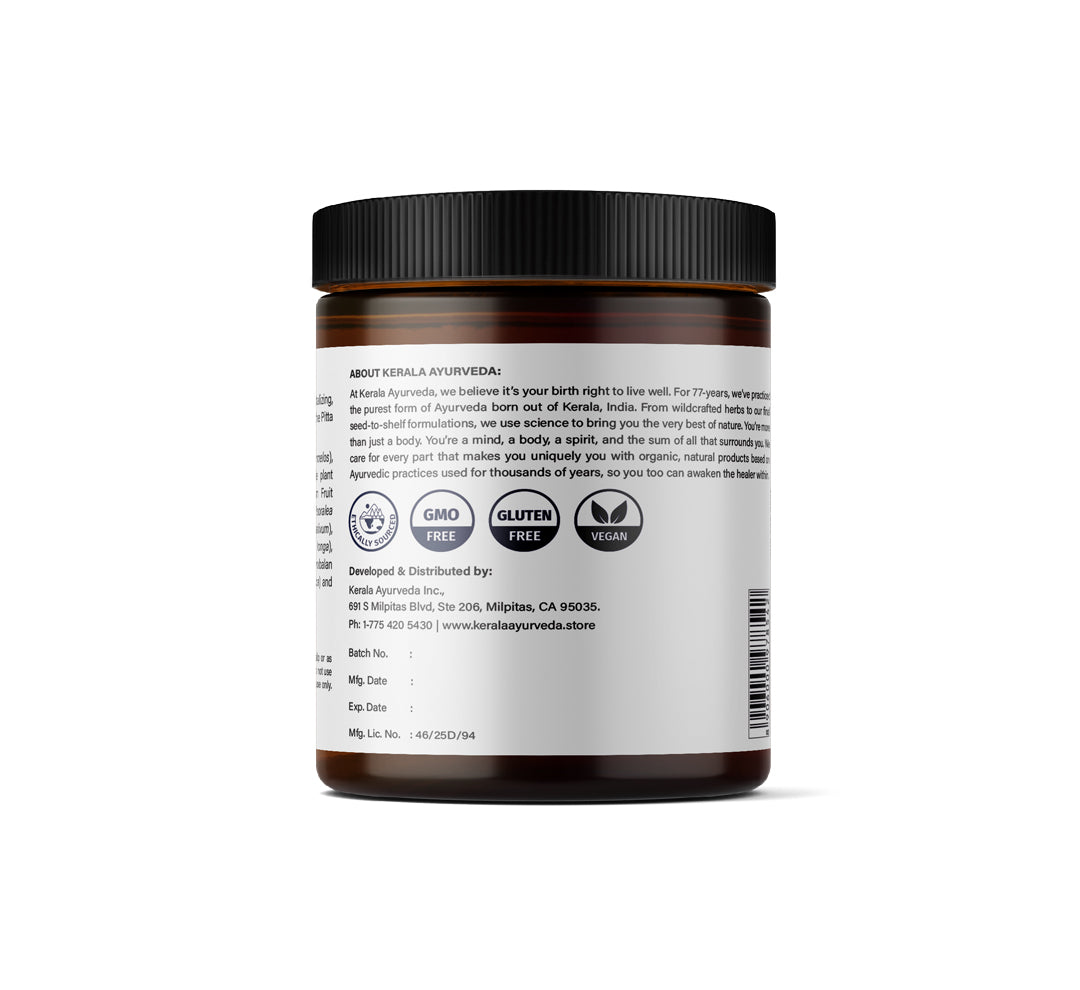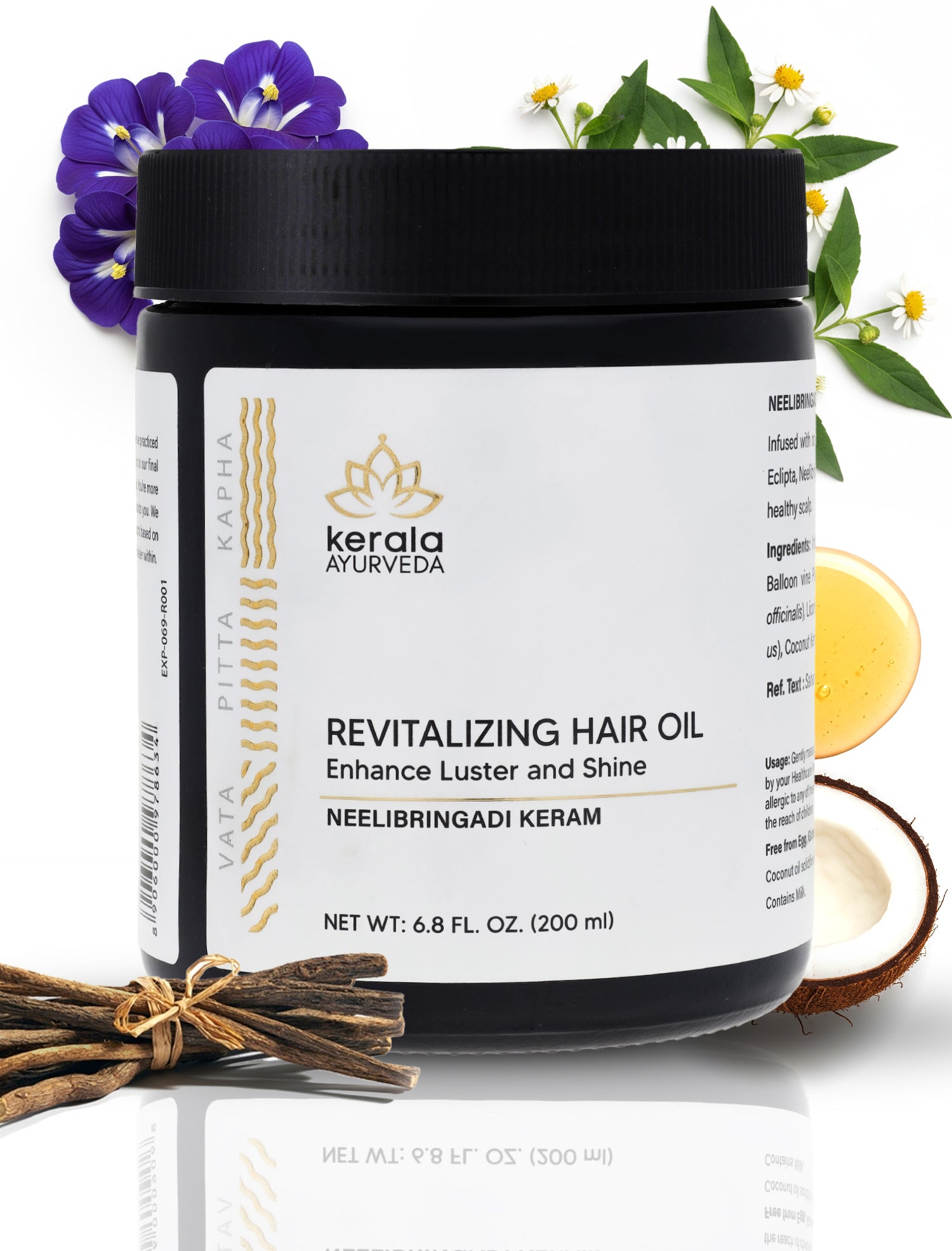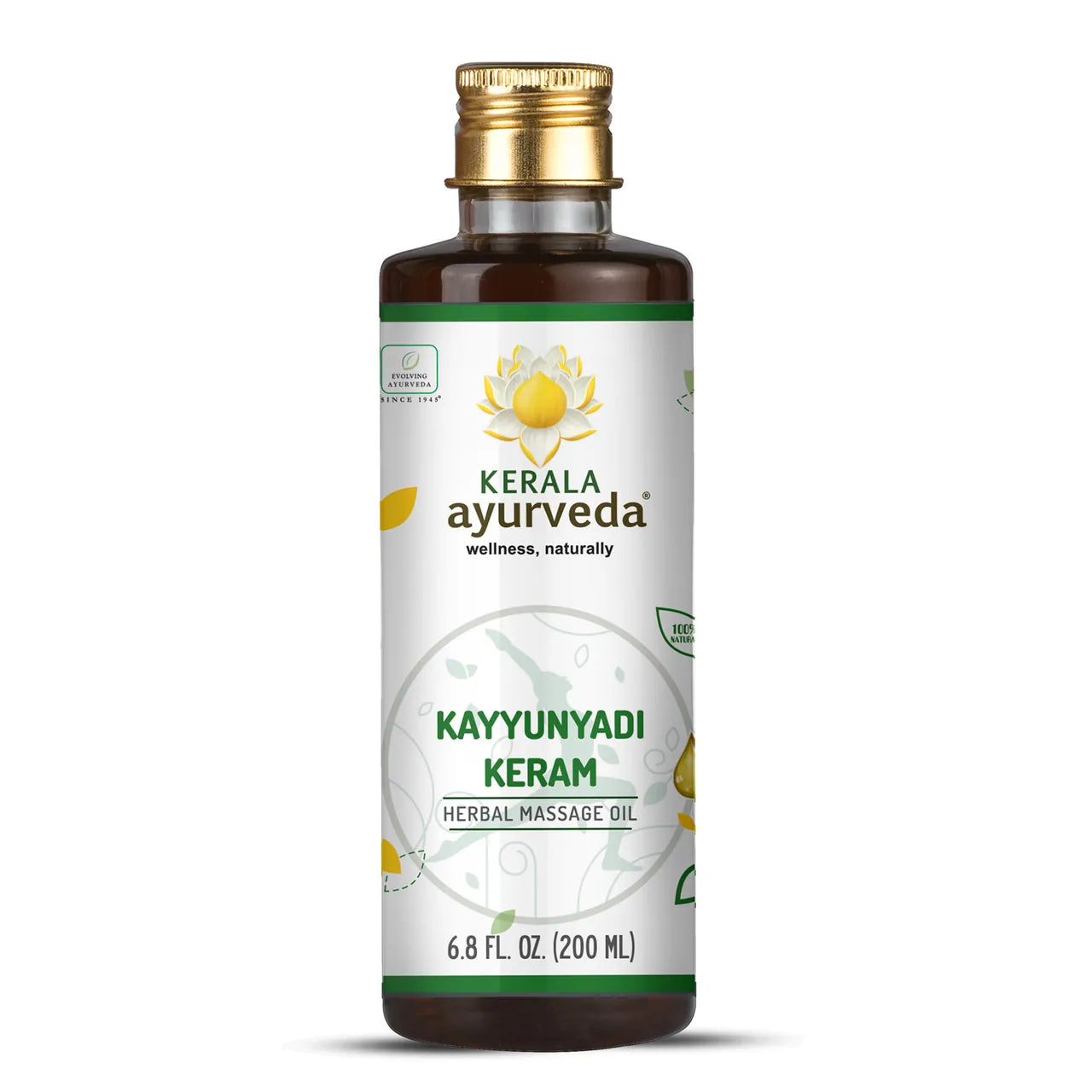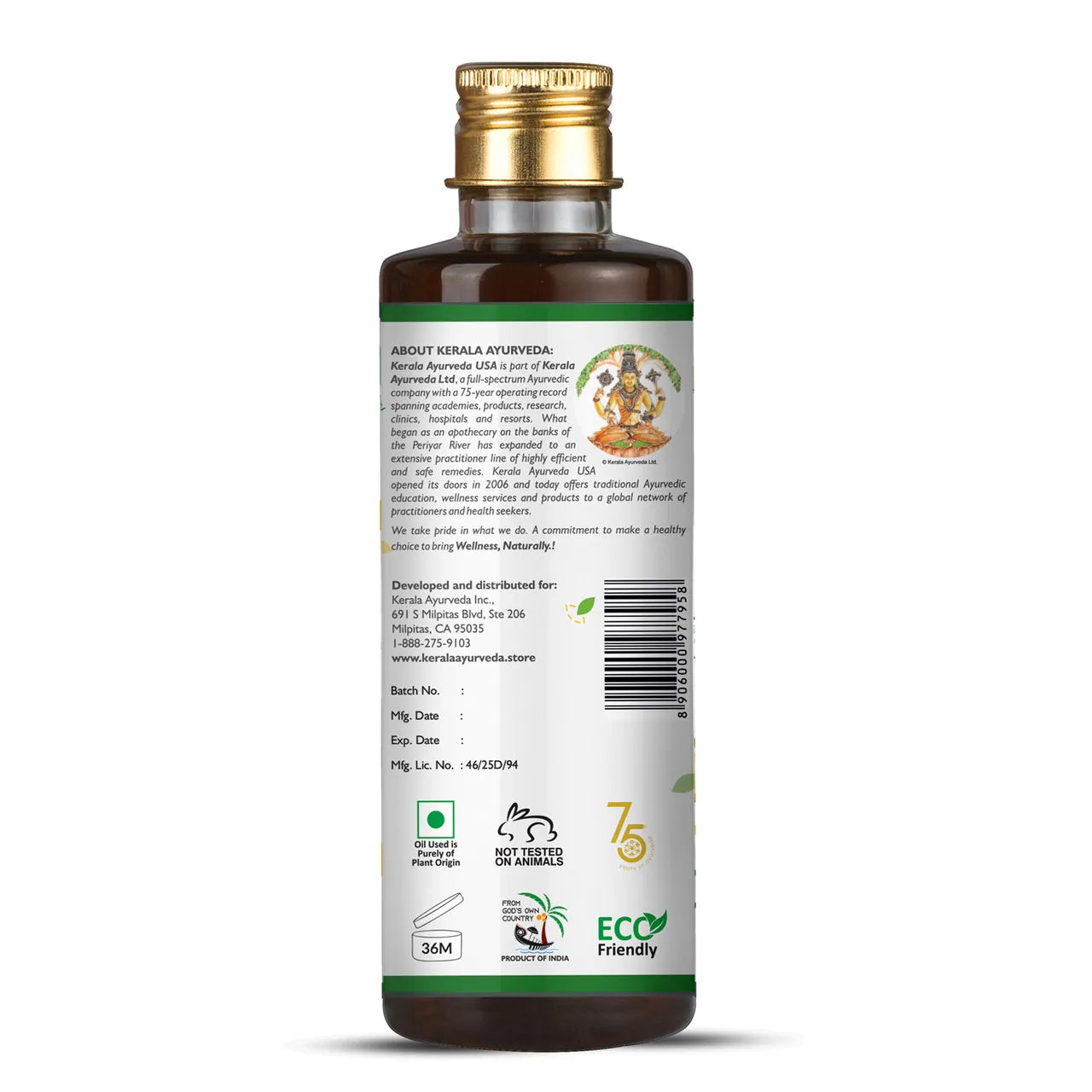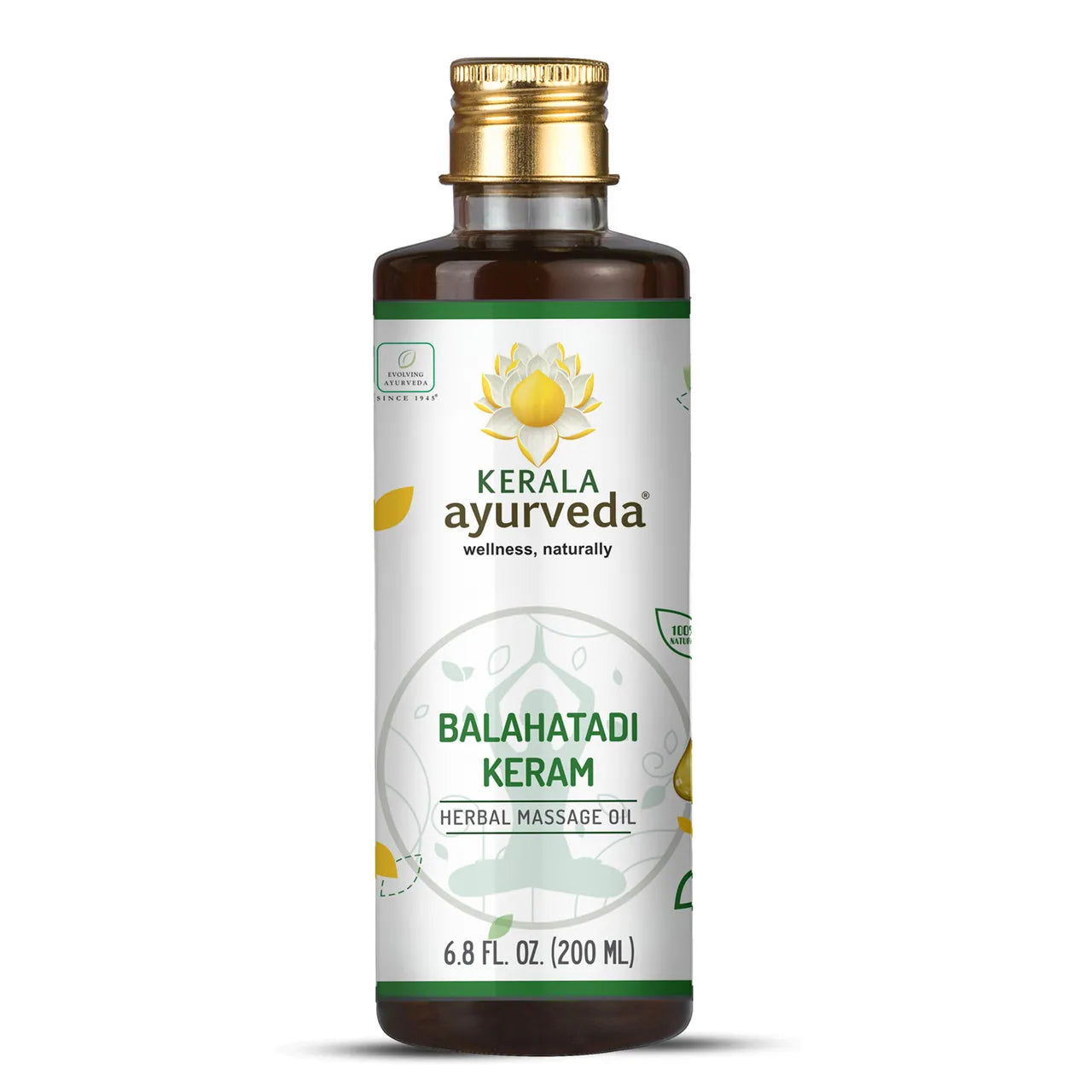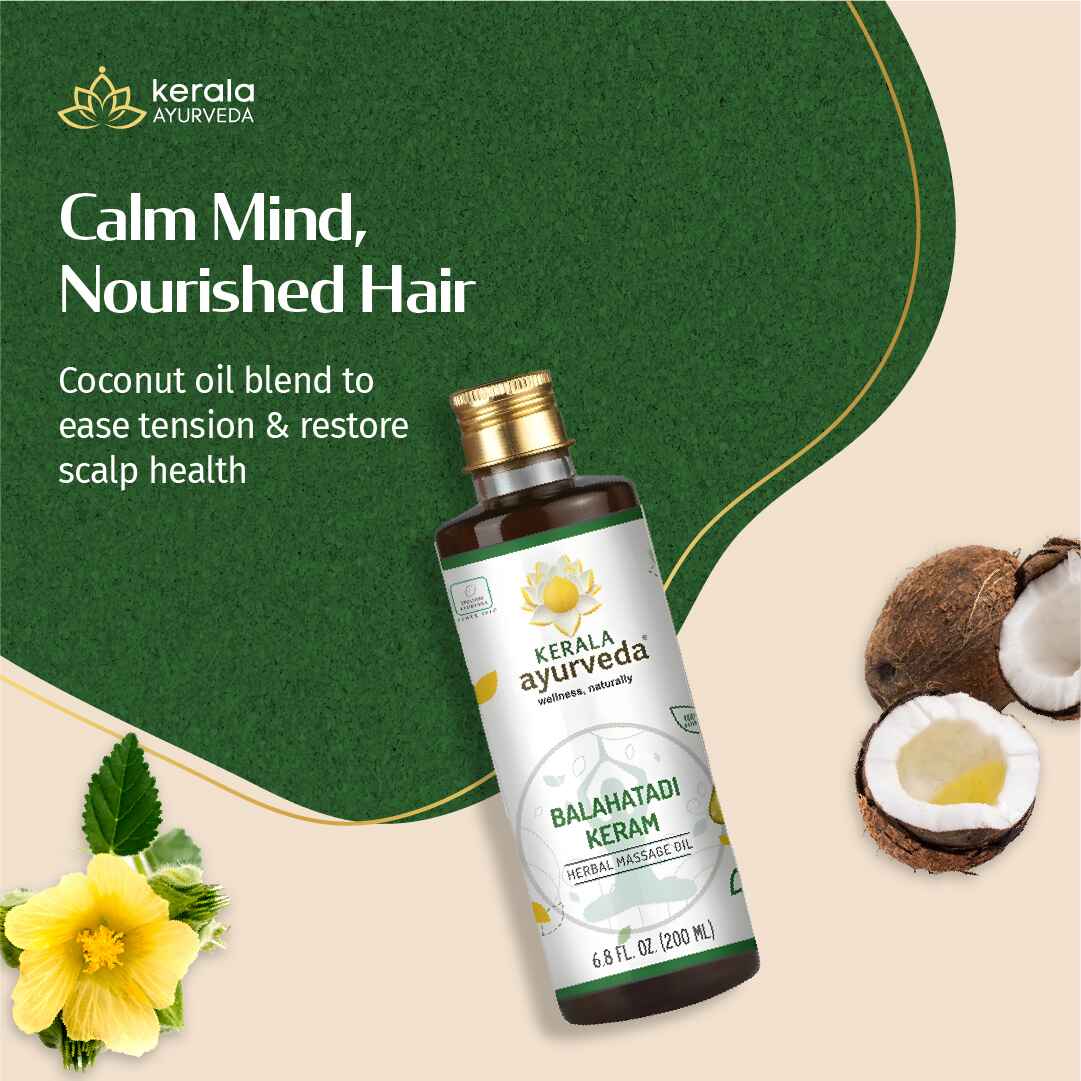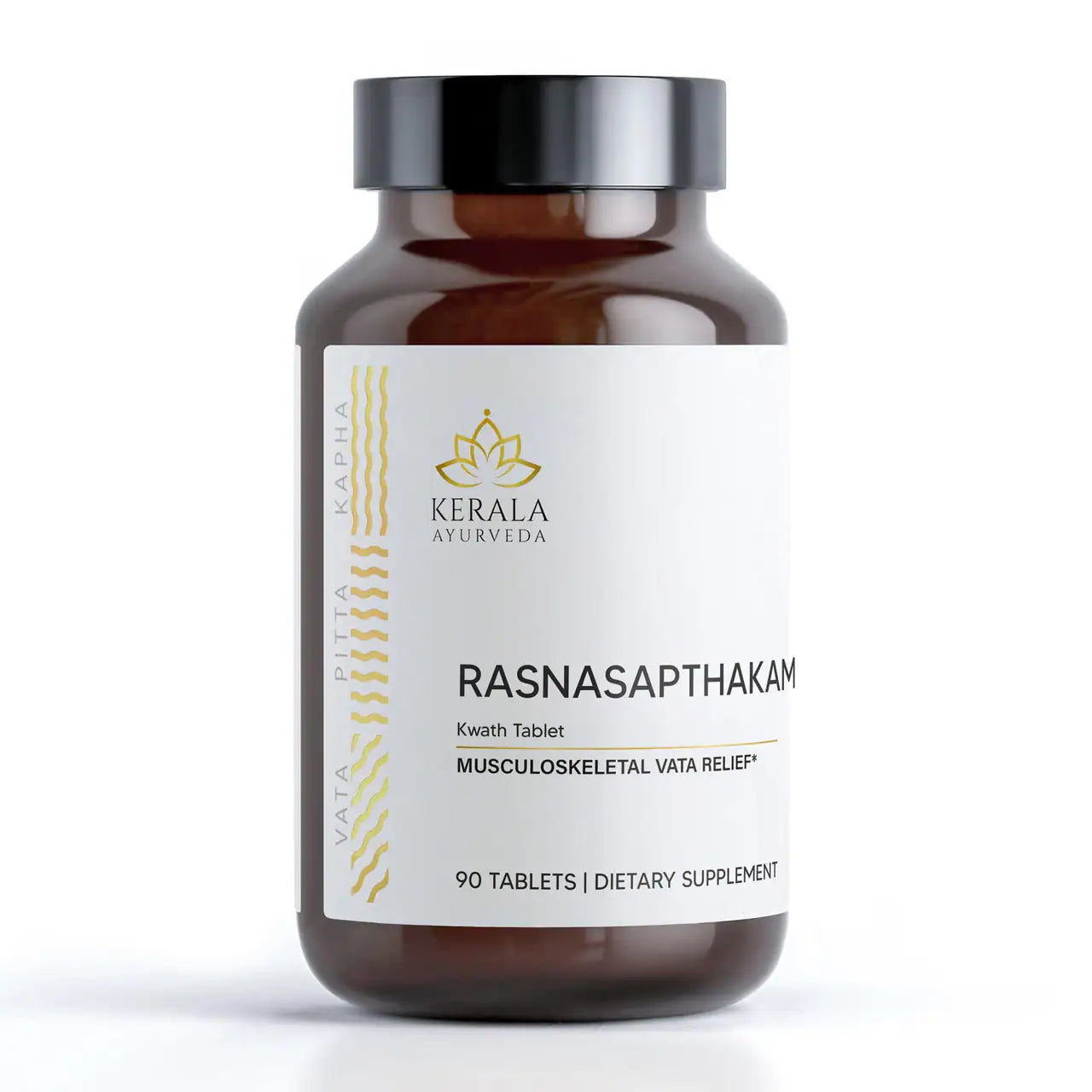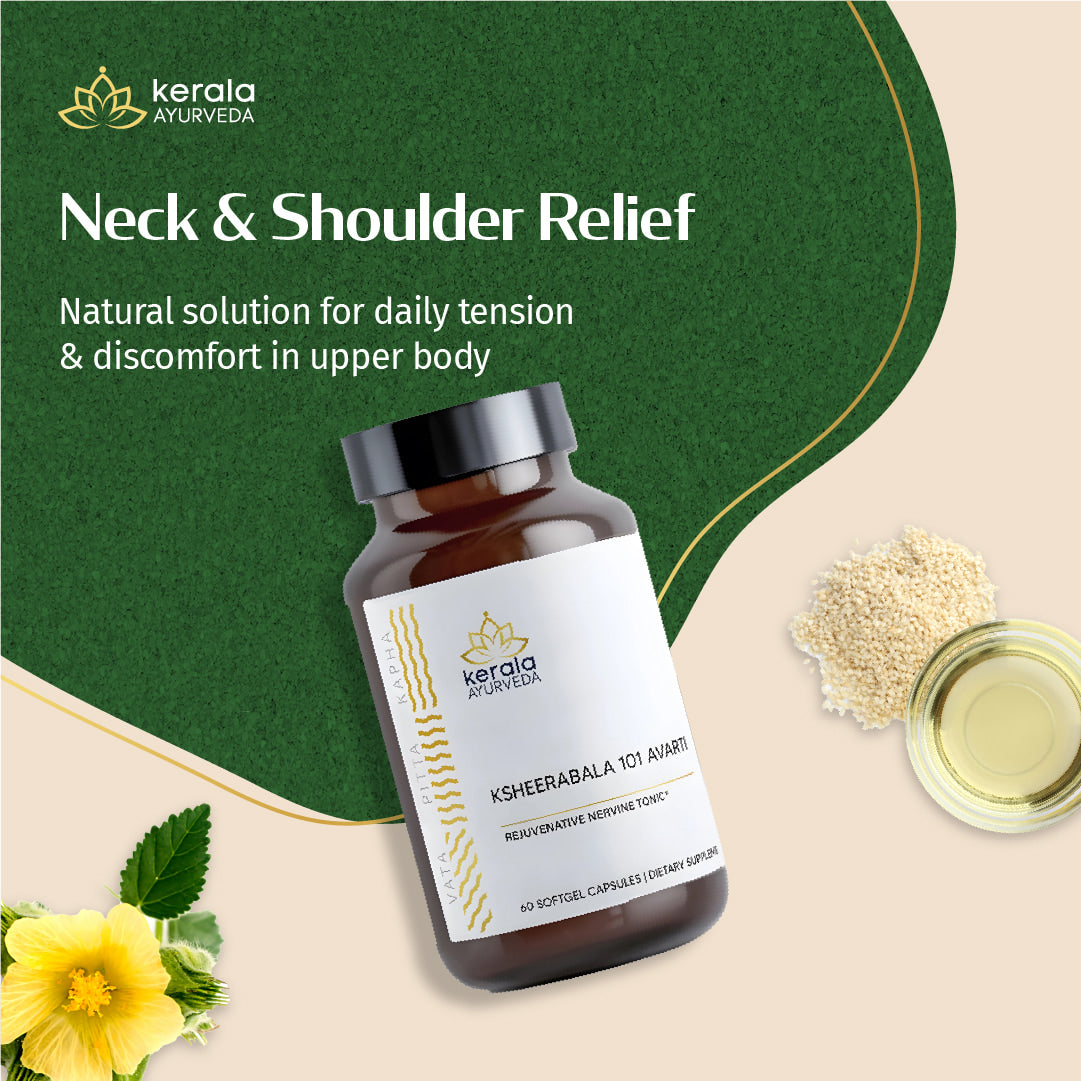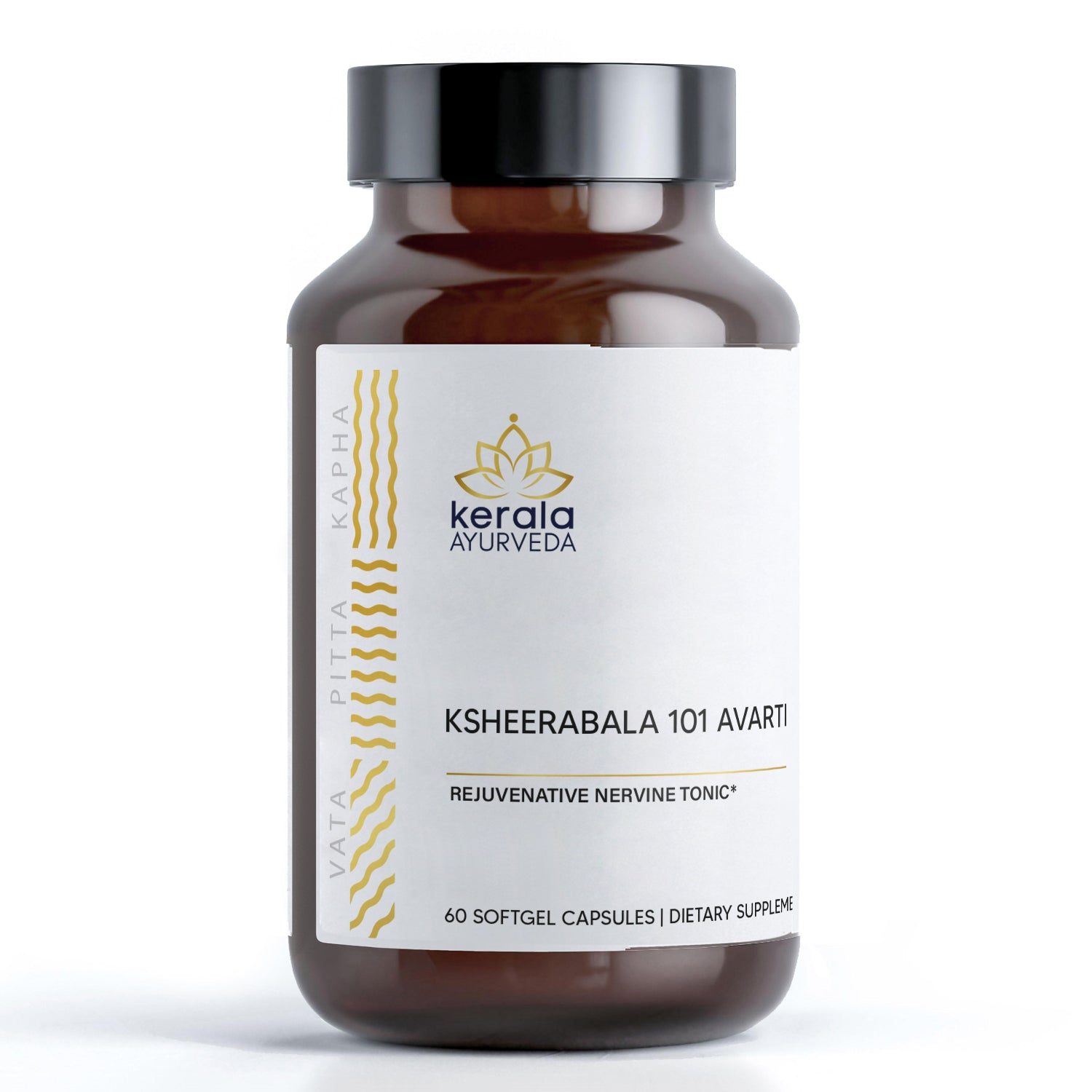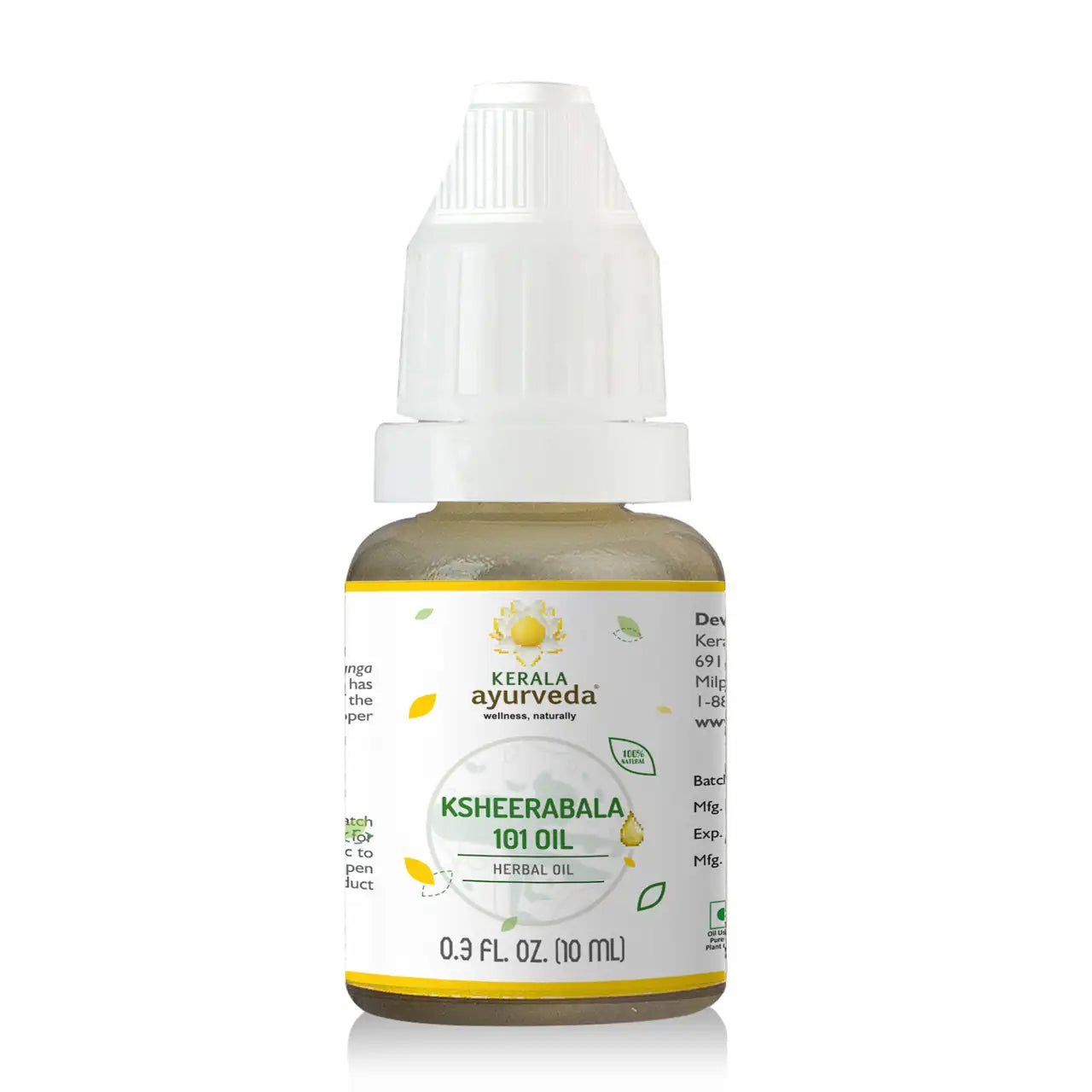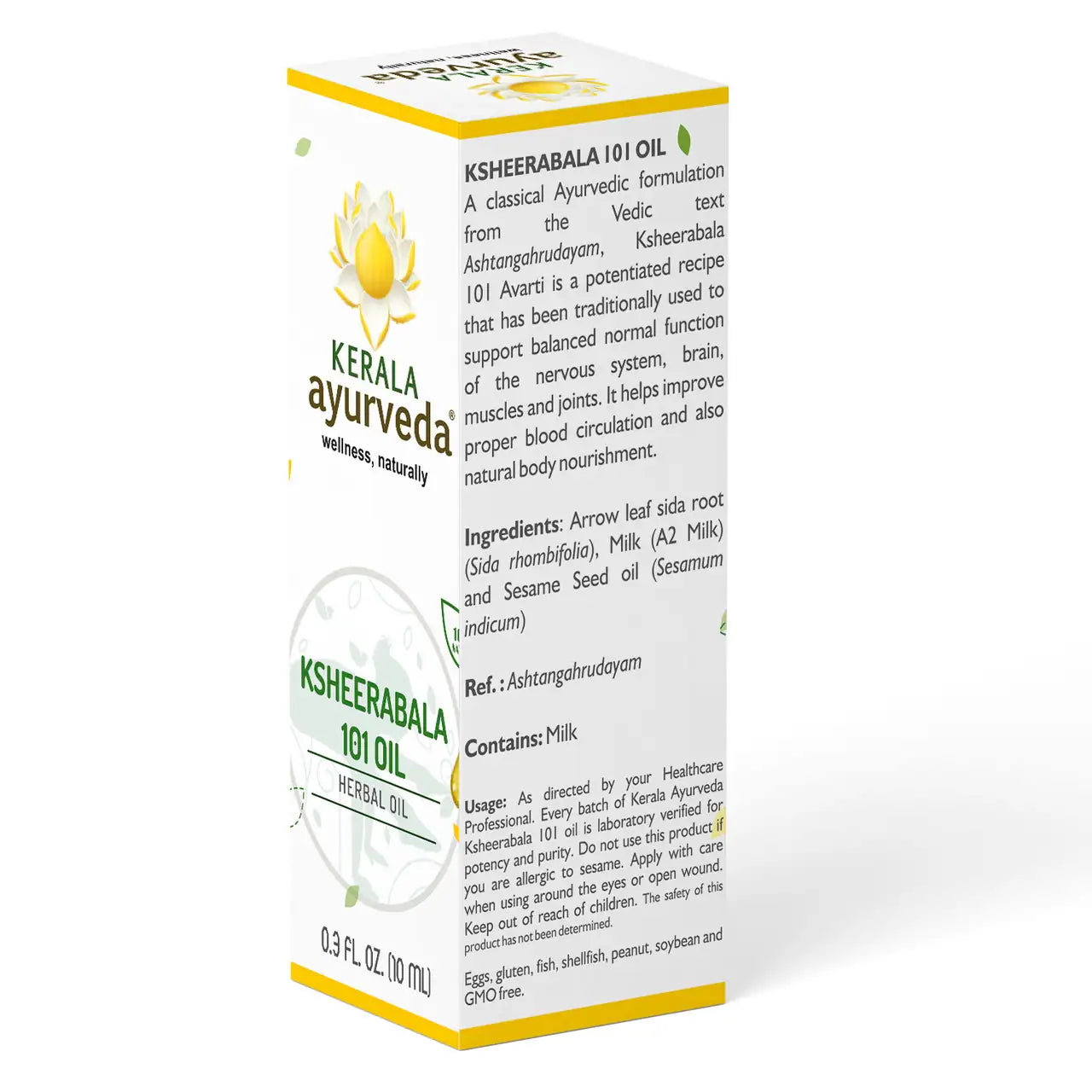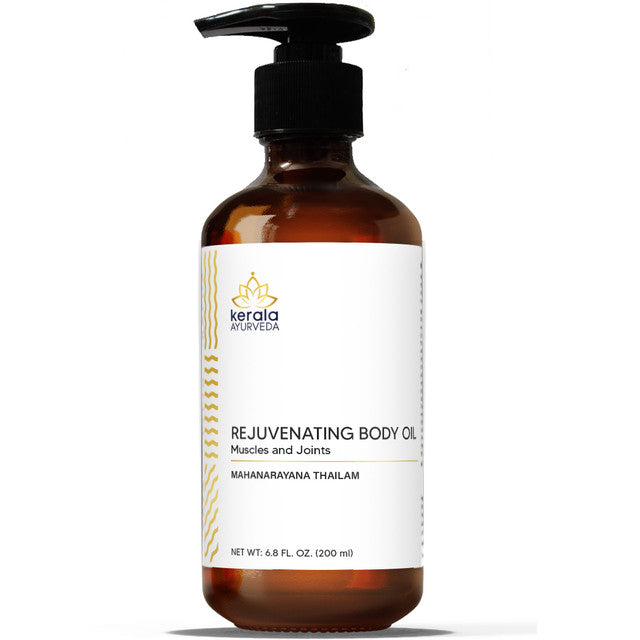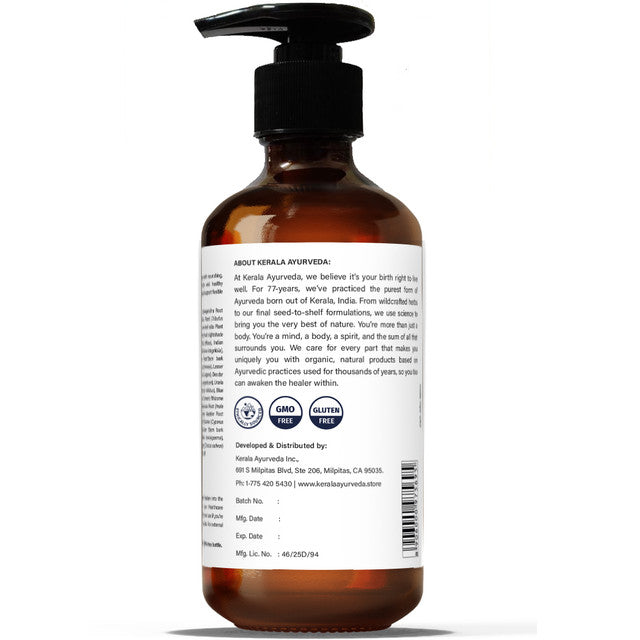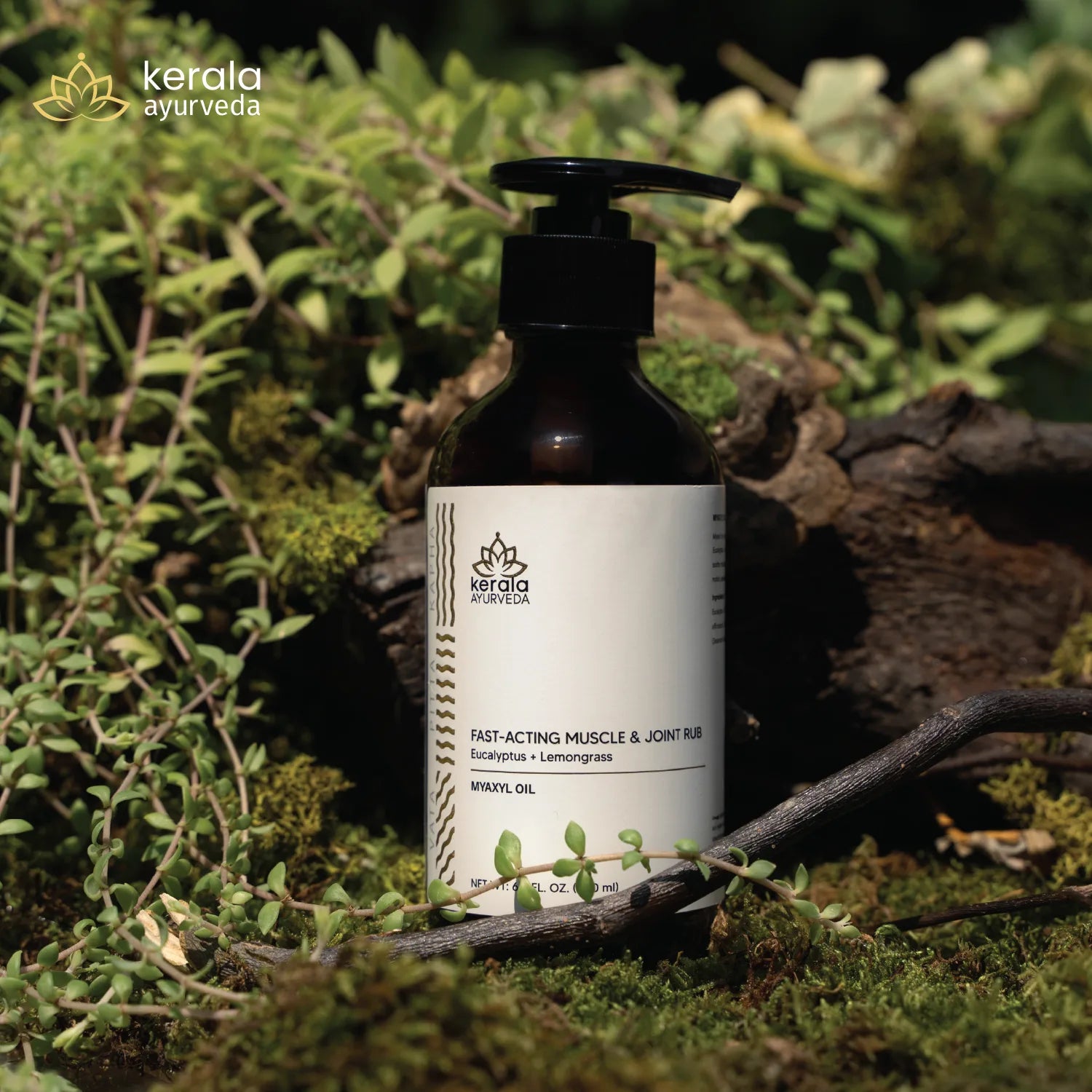Highlights
Stress is a natural and healthy response that evolved to help people manage threatening or dangerous situations. The “fight-or-flight” survival mechanism is a physiological reaction that helps people stay alert and react quickly when they need to spring into action.
Our ancestors may have experienced this in the presence of a predator when they needed a boost of hormones to either flee or fight, for example.
In today’s modern world, however, the danger isn’t always imminent and we don't need the “fight- or flight” response to make it through an average day, yet many people experience the continued or prolonged activation of this stress response.
In the case of chronic stress, people overreact to non-threatening situations and become stuck in “fight-or-flight” mode, triggering a vicious cycle of stress responses and life in overdrive.
How Does Stress Impact Your Health?
When we are stressed over a long period of time, the repeated activation of the sympathetic nervous system leads to wear and tear on the body and can negatively affect everything from mood and hormones to immune health.
While we can’t always remove external sources of stress from our lives, especially during the busy holiday season, there are many ways to effectively cope with stress and help counter overactive stress responses.

How Does Stress Impact Your Health?
Stress is a natural and healthy response that evolved to help people manage threatening or dangerous situations. The “fight-or-flight” survival mechanism is a physiological reaction that helps people stay alert and react quickly when they need to spring into action.
Our ancestors may have experienced this in the presence of a predator when they needed a boost of hormones to either flee or fight, for example.
In today’s modern world, however, the danger isn’t always imminent and we don't need the “fight- or flight” response to make it through an average day, yet many people experience the continued or prolonged activation of this stress response.
In the case of chronic stress, people overreact to non-threatening situations and become stuck in “fight-or-flight” mode, triggering a vicious cycle of stress responses and life in overdrive.
When we are stressed over a long period of time, the repeated activation of the sympathetic nervous system leads to wear and tear on the body and can negatively affect everything from mood and hormones to immune health.
While we can’t always remove external sources of stress from our lives, especially during the busy holiday season, there are many ways to effectively cope with stress and help counter overactive stress responses.
Mood and Mental Health
When it comes to mental health, stress isn’t all bad. In fact, a healthy amount of acute stress can help motivate us to complete tasks and accomplish goals. Perceived stress has been shown to improve energy and alertness and increase cognitive performance.
Usually, when a stressful situation or matter resolves, the symptoms of acute stress fade away and the mind and body recover.
When acute stress turns chronic, however, mental health suffers and can lead to symptoms of depression and anxiety which can in turn contribute to lack of focus, brain fog, unhealthy sleep cycles, fatigue, and pain just to name a few. In addition, chronic stress can put people at risk for developing mood disorders like Seasonal Affective Disorder (SAD).
Hormones and Skin Complexion
Stress affects a number of hormones in the body and can lead to negative impacts on fertility and stress-healthy skin or worsen skin conditions
Clogged pores and acne breakouts are linked to the overproduction of cortisol –” the stress hormone”. This depletes the skin barrier of essential hydration, leading to water loss and dry skin.
Stress-related hormone disruptions can be the cause of irregular menstrual and ovulation cycles and have been linked to a temporary decline in fertility and reproductive responses.
Digestive and Immune Health
The digestive and immune systems are complex, interconnected systems within the body that work in tandem to stay balanced. During stressful periods like the holidays, these systems are already taking an extra hit with increased amounts of sugar, exposure to more people and bacteria, and long-distance travel.
Add prolonged stress into the mixture, and it’s easy to see how both systems can become impaired, leaving us susceptible to illness and digestive discomfort.
Gut health and immunity go hand in hand. Stress responses affect both metabolism and nutrient absorption, which can lead to an imbalanced gut microbiome and weaken the immune system. Many people find they are especially prone to heartburn, indigestion, or bloating and constipation over the holidays. Managing stress during this period can ease digestive troubles and keep immunity strong.
Don’t Let the Holidays Sever Your Mind-Body Connection
Part of why stress can be so difficult to manage is because it throws the mind and body out of balance and can lead to a host of conditions that can be hard to manage at once. Recognizing the mind and body are connected can help us stay ahead of stress and keep all systems going.
The holidays are a special time to celebrate and spend quality time with loved ones that only comes once a year. Instead of letting stress get the best of you, take a little time to work on maintaining equilibrium between mind and body with simple Ayurvedic routines that will enhance the joy of the season for everyone.
The Real Holiday Helpers are Natural Ingredients
Ayurveda is a philosophy of medicine and lifestyle that uncovers the root cause of mind-body imbalances and manages most common ailments with natural remedies. Chronic stress is considered a root cause of widespread ailments in the modern world.
The key to a peaceful and restorative holiday amidst the hustle and bustle of the season? Just a few minutes a day is all it takes to help counterbalance stress. Ayurveda offers many simple tools to help manage stress including meditation, pranayama, and yoga.
Finding stillness within during the holidays brings the gift of presence so you can fully embrace the joys of the season and spread cheer to your loved ones.
Give Yourself the Gift of Relaxation
It’s no wonder the holidays often seem to coincide with flu season, a period marked by ongoing stress.
As daily levels of stress increase, our immune systems weaken, providing the perfect opportunity for unwanted pathogens to make their way through our body’s first line of defense, often ruining holiday plans.
Instead of battling stress after it has already dampened your immune system, give yourself the gift of relaxation for the holidays. Practice stress-reducing activities throughout the day like spending time outdoors or taking a walk.
Ask for help with entertaining or shopping when you need it. Simple measures like these will help achieve a healthier outlook on the holiday season and even energize you!
You’ll be surprised how much better you feel at the end of the season.
Ayurvedic Stress Management Techniques
Ayurveda is a philosophy of gentle change and balance. Unlike many modern ways of managing stress – such as binge eating, getting a new prescription, or watching too much television and staying up late – stress management techniques with Ayurveda are all-natural and healthy for your mind and body.
Taking a holistic approach to stress isn’t a passing fad. Ayurveda and many other holistic systems of medicine have survived for centuries. In many parts of the world, these health systems simply haven’t had enough recognition.
Some of these gentle stress management techniques include meditation, pranayama (also called rhythmic breathing), yoga, and pilates. In Ayurveda, activities like these are practiced as part of a larger, holistic health regimen that includes proper diet and lifestyle choices tailored to your unique Ayurvedic constitution.
With the help of these complementary techniques alongside natural remedies, the science of Ayurveda is gaining popularity in the modern world.
Related Blog: Ayurveda: A Lifestyle Of Preventative, Holistic Care
Stress-Relieving Ayurvedic Herbals
Many stress-relieving formulations are taken as part of a daily routine, and can also help manage stress during especially demanding times like the holidays.
Our formulations are derived from botanicals and created according to ancient Vedic texts. Some of the most popular Ayurvedic herbal formulations include Shatavari, Ashwagandha, Kalyanaka Ghritham, and Amalaki.
Shatavari
Shatavari is a potent adaptogen, making it one of the most revered essential herbs in Ayurveda. Part of the Asparagus family, it contains a world of wellness for every stage of womanhood, traditionally used to support and balance women’s health, help regulate cycles, and help balance mood.
Shatavari’s adaptogenic properties make it an excellent addition to any stress management regimen. Shatavari helps the body adapt to stress by minimizing oxidative stress in the body and facilitating stress hormone processing.
Ashwagandha
Ashwagandha is a go-to adaptogenic herb known to naturally help calm the mind and lessen the impacts of stress on the body, making it a real holiday helper. The root and leaves are extracted or powdered to help increase the body’s natural resistance to stress.
As a part of Ayurvedic medicine, Ashwagandha is believed to ease inflammation and support healthy sleep cycles, as well as facilitate healthy blood sugar and cognitive function. It is traditionally used to help reduce stress responses and soothe chronic fatigue due to stress or hormonal imbalances within the body.
Kalyanaka Ghritham
Kalyanaka Ghritham is an adaptogenic, bioactive herbal ghee formulated for mood and stress support. Pomegranate, Triphala and Indian Madder help ease tension, supporting mental clarity, balanced emotions, and a calm mind.
This is a first-choice stress support formulation that can be easily incorporated into any diet to support a relaxed mind and body and naturally glowing skin.
Amalaki
Amalaki, also known as ‘Indian Gooseberry’ is an herbal adaptogen traditionally used to help sustain and strengthen the immune system and support resistance to stress. According to Ayurveda, it rejuvenates the organs and helps the body eliminate unwanted toxins– like holiday stress hormones. Amalaki is a great herb to pack for stress management during holiday travel.
While there are many herbs traditionally used to manage stress in the Ayurvedic tradition, these are some of the most popular choices for individuals trying to manage chronic and acute stress and keep the doshas in balance.
Remember: Don’t Feel Guilty Slowing Down
All through the holiday season, it’s important to remember you don’t have to feel guilty for setting healthy boundaries and saying no, especially if it’s what you need to manage stress and maintain self-care routines.
Does sitting by the fireplace reading a book help you manage stress more than baking a pie and going to a holiday party? Don’t be afraid to decline invitations, minimize commitments, or go to bed early if you feel tired. It can be difficult to remember you don’t owe anyone anything, especially during the holidays, and that your time can be spent in whatever way is best for you.
Strive for Simple and No-Nonsense
Whenever you are striving for stress-free periods, keep solutions simple. The more complex the solution, the more likely it is to fail and cause more stress down the line.
Instead, strive for simple and no-nonsense methods of stress management. Even a few minutes spent practicing meditation or yoga when you feel overwhelmed will do wonders for your stress levels and responses. Small steps are the best way to achieve goals.
Feeling guilty over elevated stress levels will prove counterproductive, increasing stress levels and causing more anxiety. Ayurveda teaches that something is always better than nothing–a wonderful mantra for the holidays.




